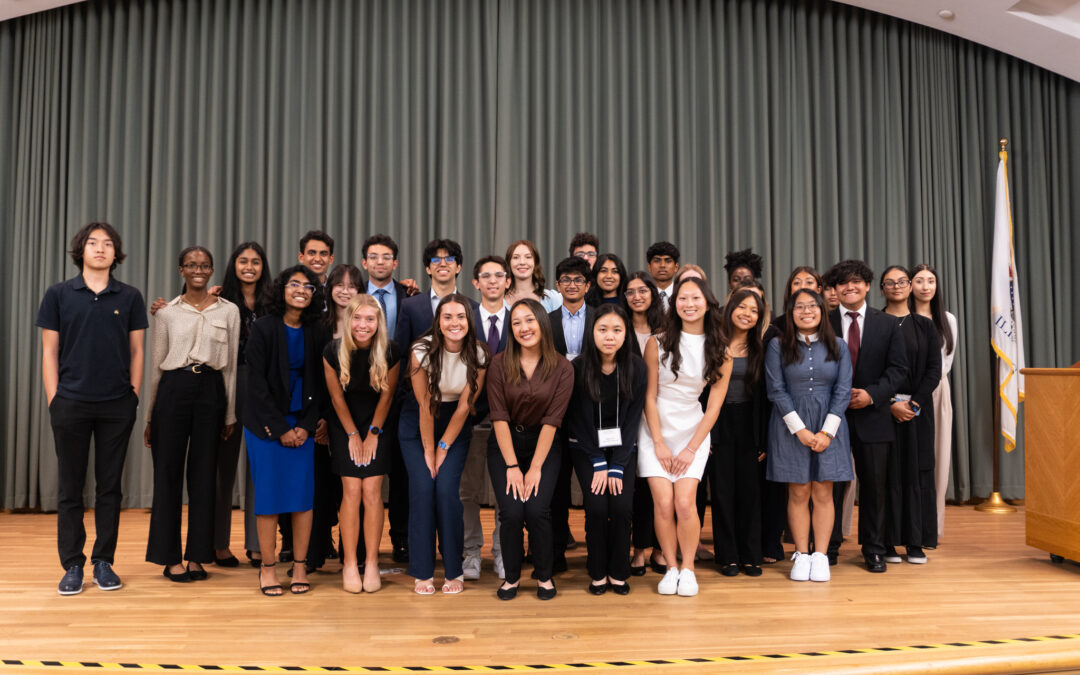Students from Central Illinois and the Chicago area gathered for a researcHStart symposium at Beckman Institute on August 4 to present their cancer research.
In June, six high school students from Central Illinois walked into research labs on the University of Illinois Urbana-Champaign campus. Two months later, they’re walking away with hands-on laboratory experience, a network of mentors, and a newfound understanding of what Cancer Center at Illinois (CCIL) members are doing to transform cancer detection and treatment.
Those students, and their peers from the Chicago area, presented their projects to family, friends, and scientific community members at a researcHStart symposium on August 4. ResearcHStart is an intensive cancer research experience and partnership between the University of Chicago, University of Illinois Urbana-Champaign, University of Illinois Chicago, Northwestern University, and Rush University.
Many students in the program plan to eventually work in STEM careers, but for at least one of them, this experience was more personal. Kenzie Hales, a rising senior at Shiloh High School, applied to researcHStart shortly after her grandfather started treatment for his fourth cancer recurrence.
“Had this come at some other time, I may not have considered it as much, but I was like, ‘You know what, if it came at this exact moment, this is a sign I need to take it,’” said Hales.
As her grandfather battled the disease this summer, she learned what researchers are doing to help patients like him and solidified her interest in the medical field, including a possible career in oncology. Other students in the program said they gained a deeper understanding of the complexities of cancer research, including how to pivot when there are unexpected circumstances.
“It takes a group effort. It takes getting your work published so that others can look at it and collaborate and expand on it,” said Hailey Downs, a Tuscola High School graduate headed to Parkland College this fall. “Much of my project changed because we had an issue with a cell line that we’re pretty sure got contaminated. It really changed my work from being in the wet lab to a lot of analysis.”
Another recent graduate, Kara Mathias of Uni High, was grateful for the opportunity to get a head start on studying the same concepts she’ll be diving into at Carnegie Mellon University.
“This is pretty cool to get experience right now, before college, so next year, I’m prepared,” said Mathias.
Aya Surheyao also feels more prepared to enter a laboratory setting in the future. The Uni High student said the lab felt like a safe place to learn and gain independence.
“It’s been good to be able to make mistakes. I was having a lot of trouble with the multi-channel pipette. My handwriting is bad when I write on the tiny vials. I can make those small mistakes now, so it’s useful,” said Surheyao.
Hands-on experience was critical for several participants who took their high school biology courses during the height of the COVID-19 pandemic when they could only do virtual experiments.
“I applied [to researcHStart] because I love math and science, but I didn’t have any practical experience,” said Charlotte Chesser of Champaign’s Central High School.
In addition to learning the inner workings of the lab, students worked closely with mentors and learned how to think like a scientists, including how to analyze articles and answer their questions by conducting thorough research.
“Starting to work with experts in a field may be intimidating for an early researcher, especially if one feels like they don’t know as much as their peers,” said Chesser’s mentor and Ph.D. candidate, Rishee Iyer. He said it’s important for young scientists to enjoy the process of uncovering a mystery. “In cancer research, there is an additional satisfaction of creating immediate impacts on a prevalent and real-world problem.”
“All the things I’ve learned, not just about my project specifically, but also about research and lab work, are some of my favorite parts of the researcHStart program,” said Savindi Devmal, a Uni High student.
While they may have only spent a summer in the program, the lessons these students learned will last much longer as they continue their education and find a path toward a successful future.
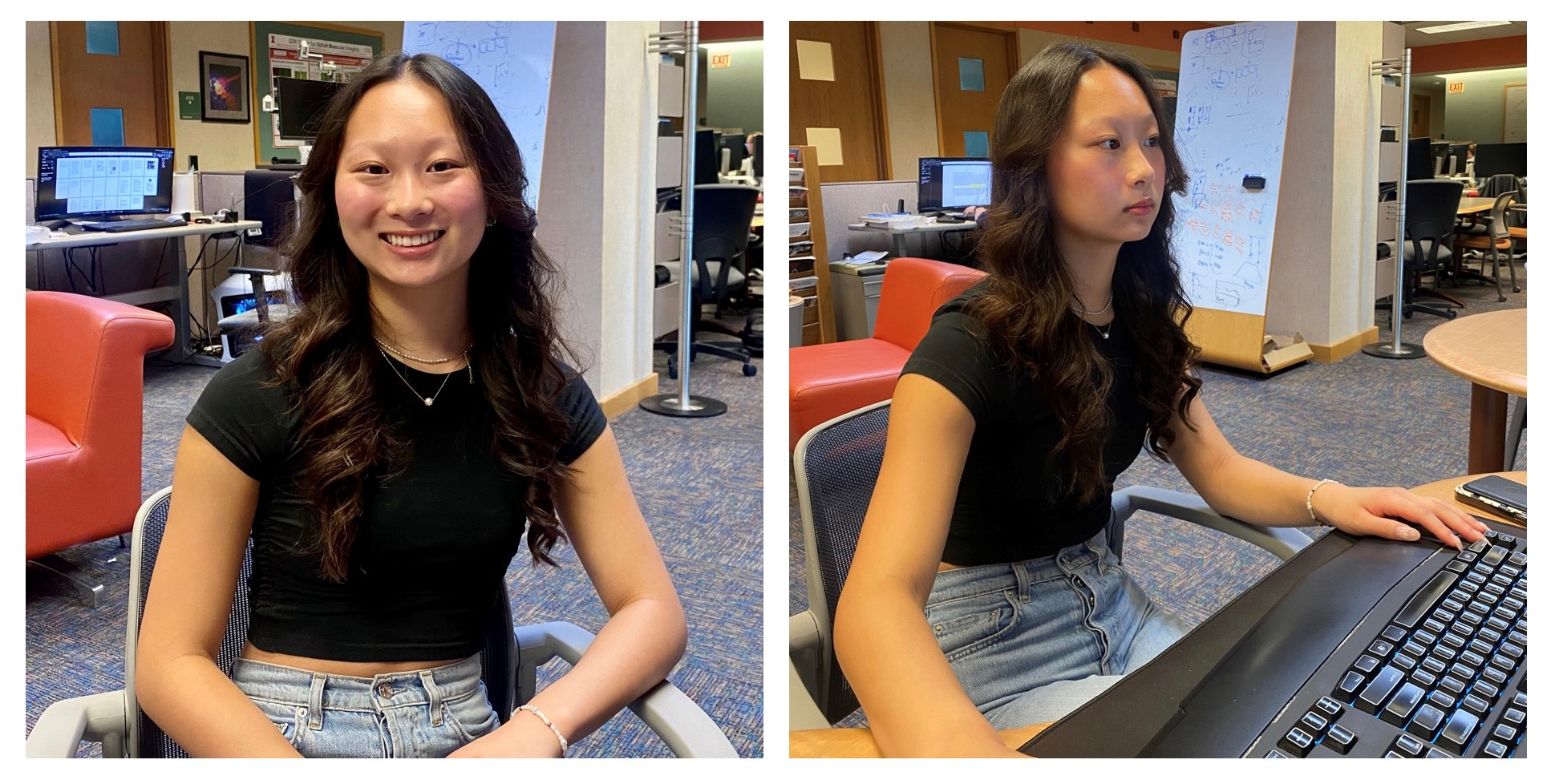
Charlotte Chesser created methods to analyze and visualize imaging data.
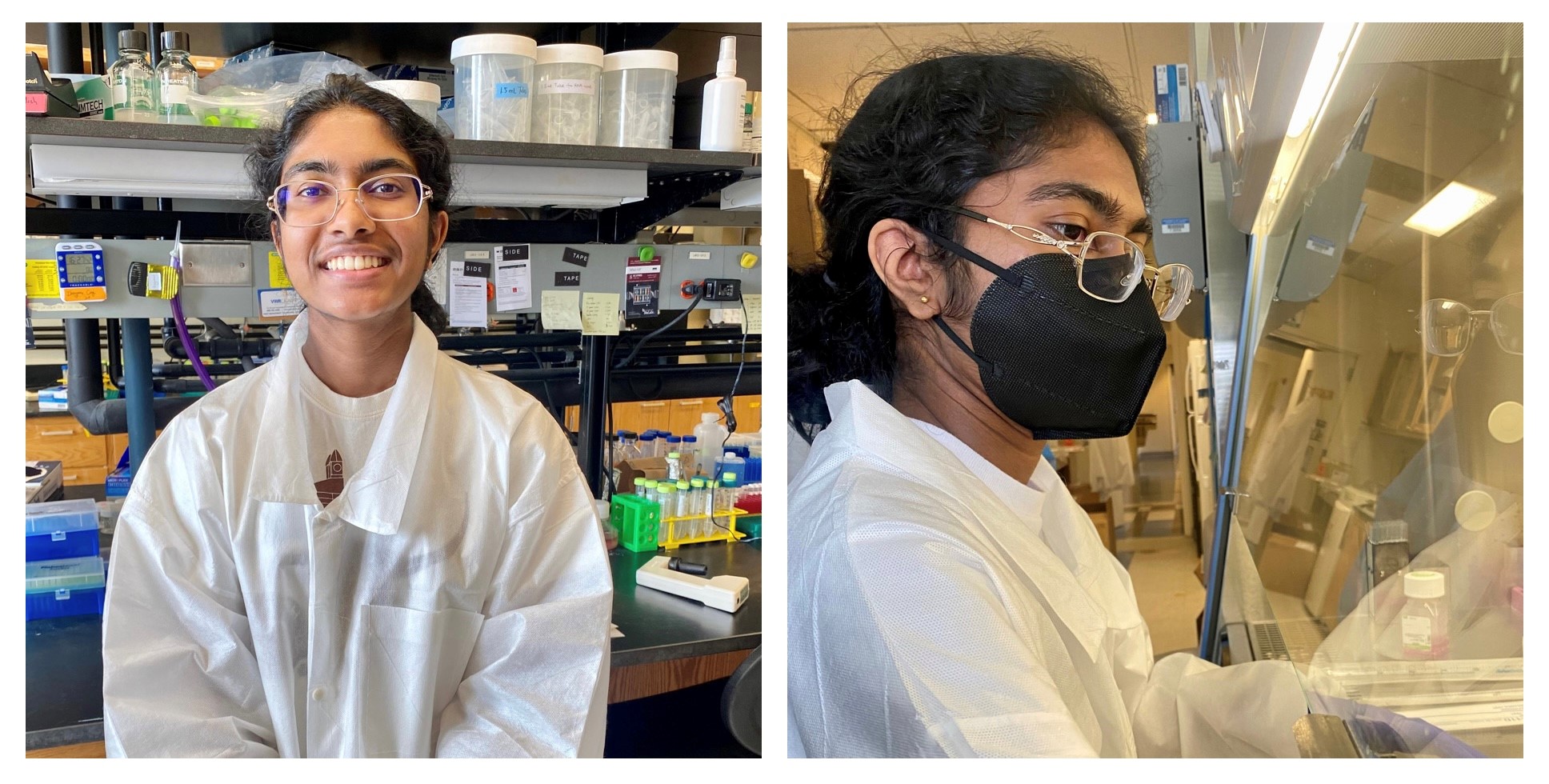
Savindi Devmal worked on a project related to long non-protein coding RNA in hypoxia in breast cancer cells.
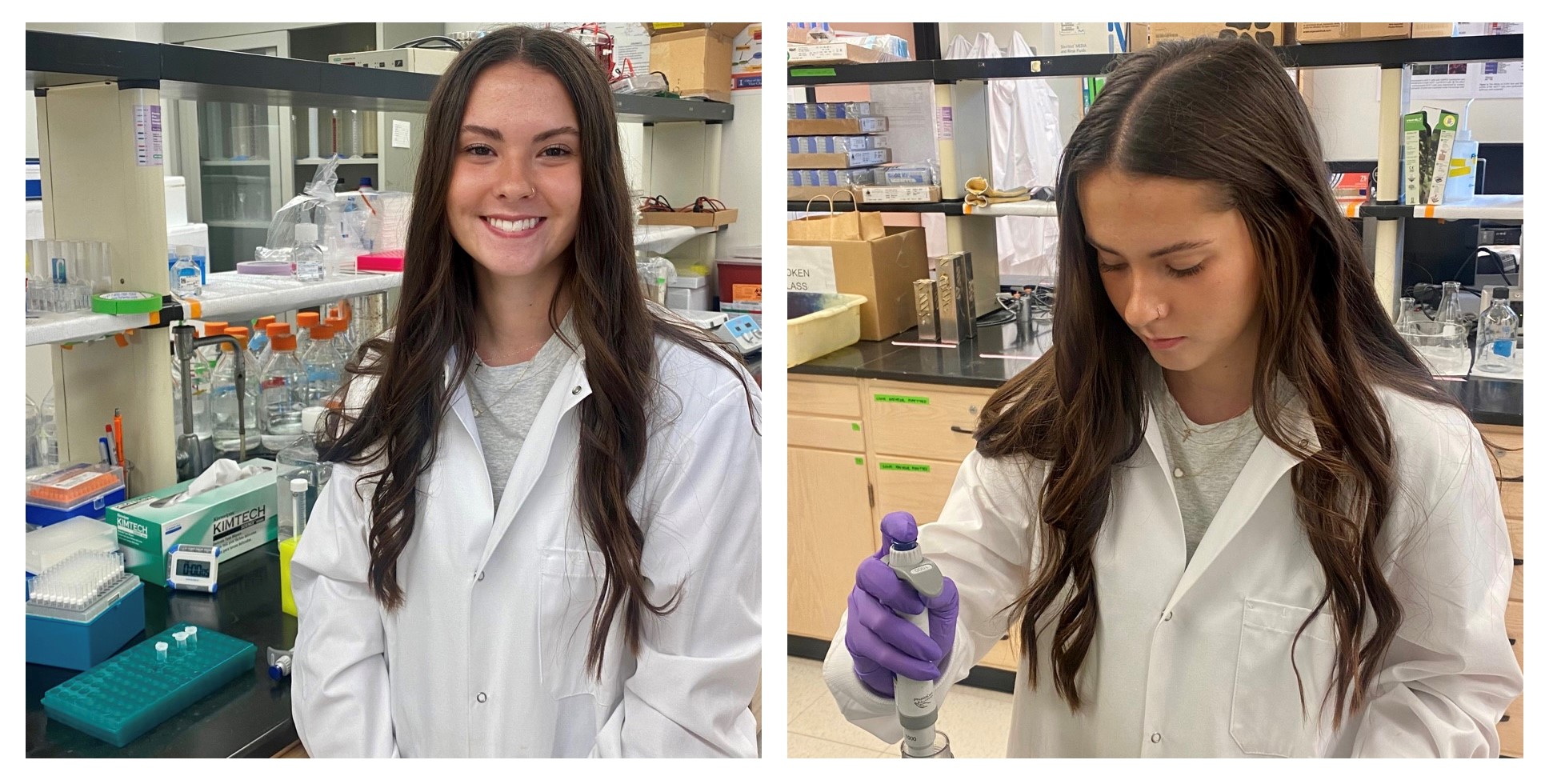
Hailey Downs worked on a project about lung cancer disparities.
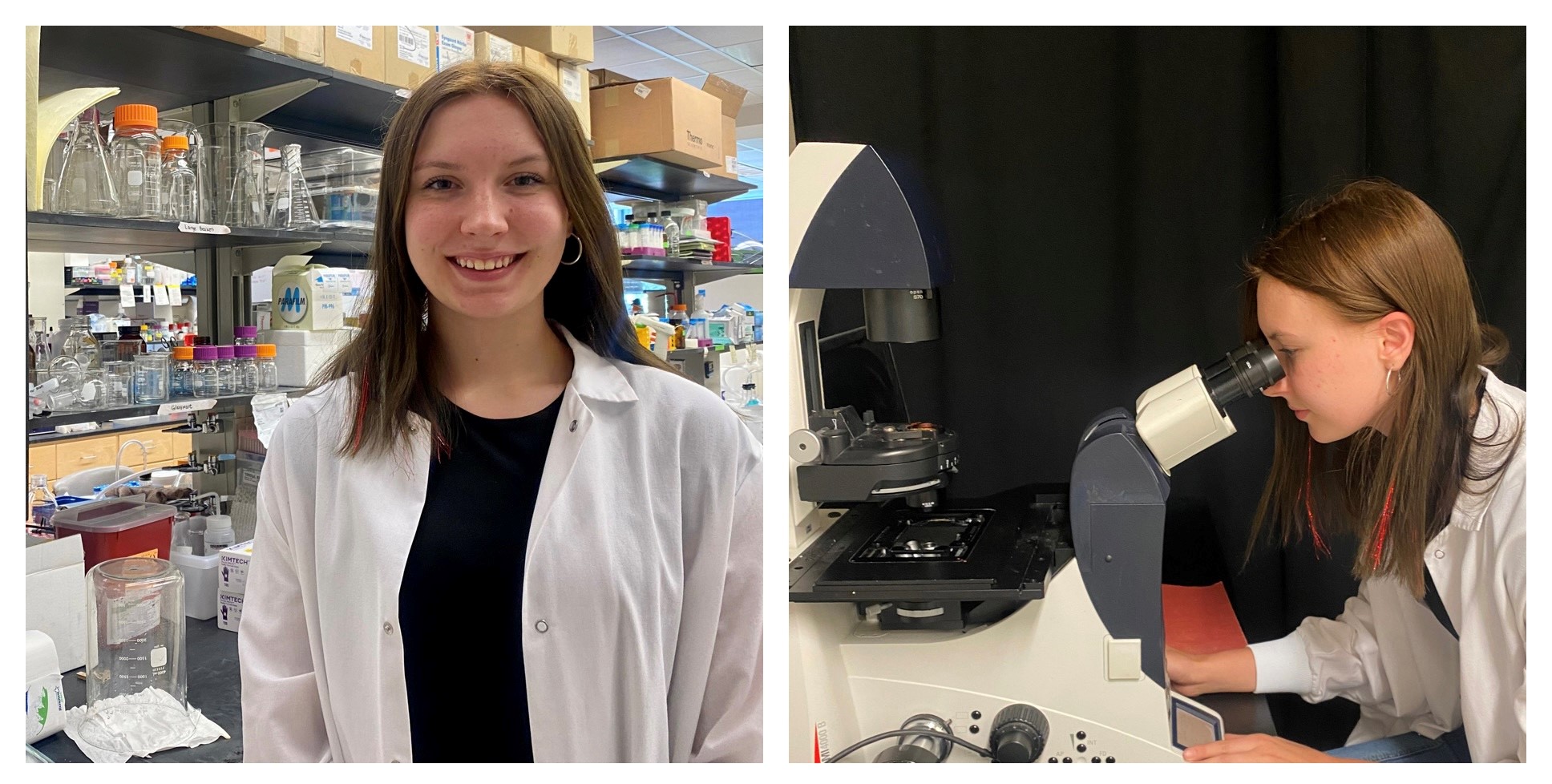
Kenzie Hales worked with spheroids and studied cell progression.
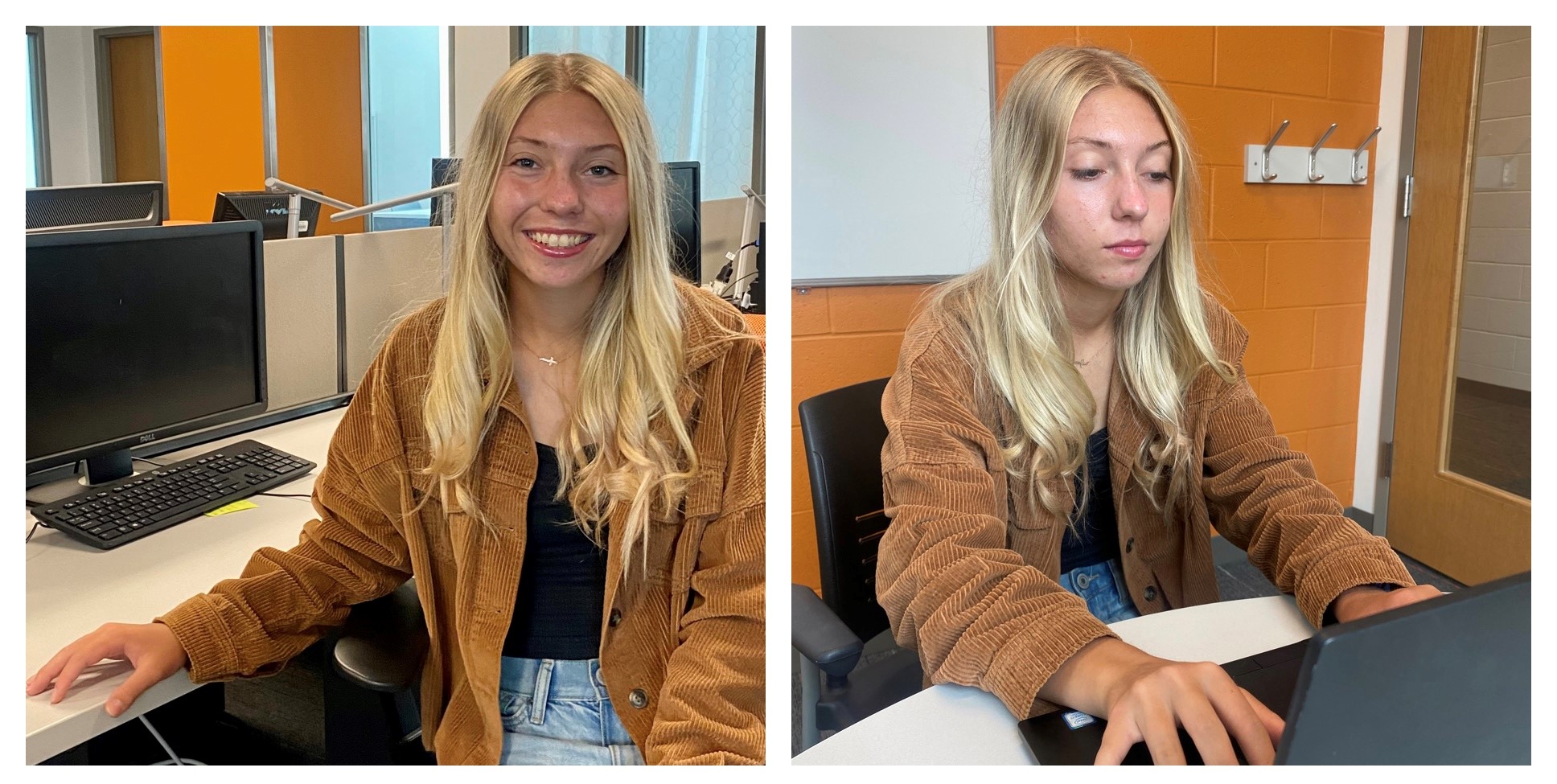
Kara Mathias used machine learning to study cancer cells.
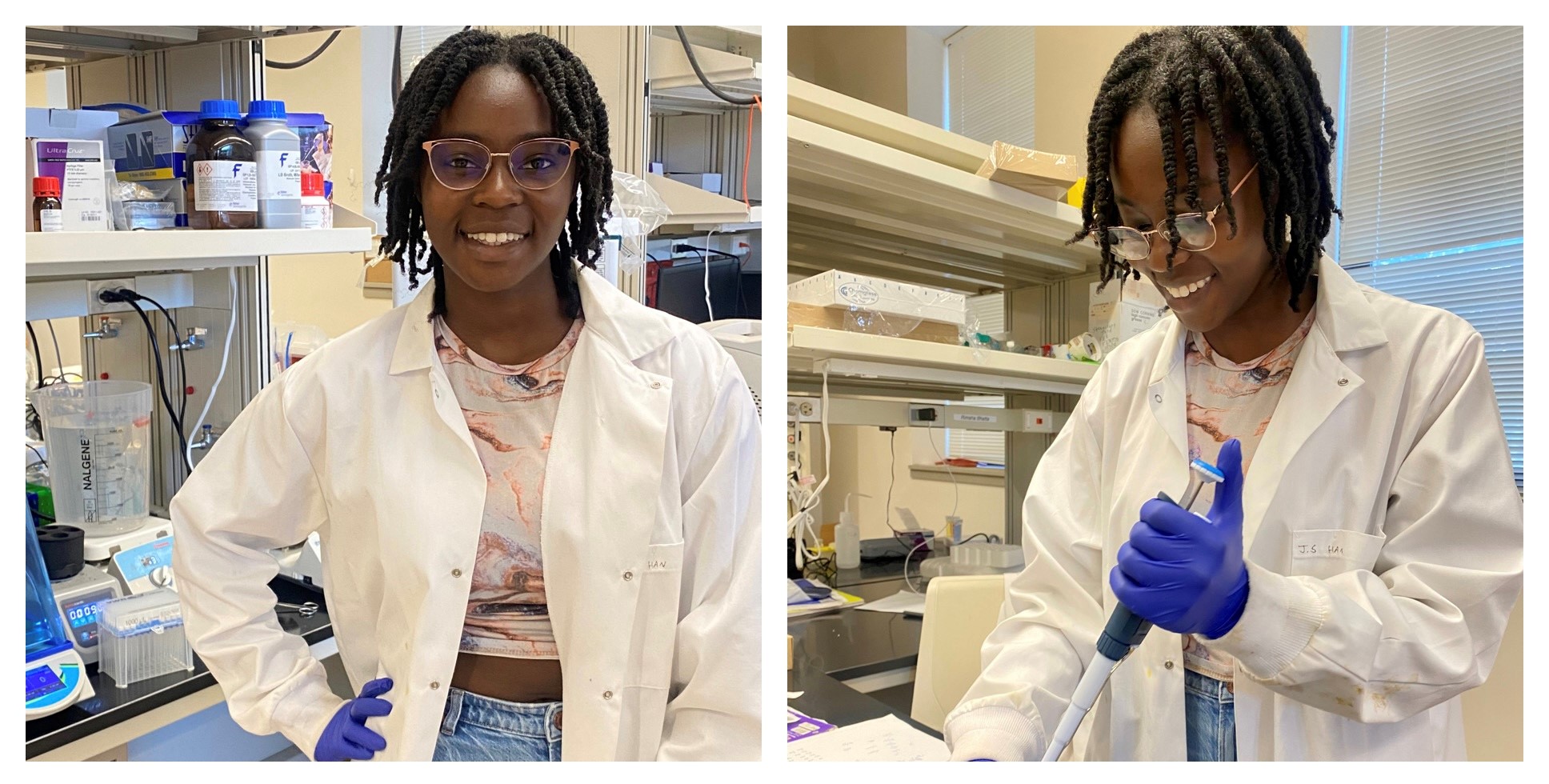
Aya Surheyao worked on a project related to hydrogels and immunotherapy.
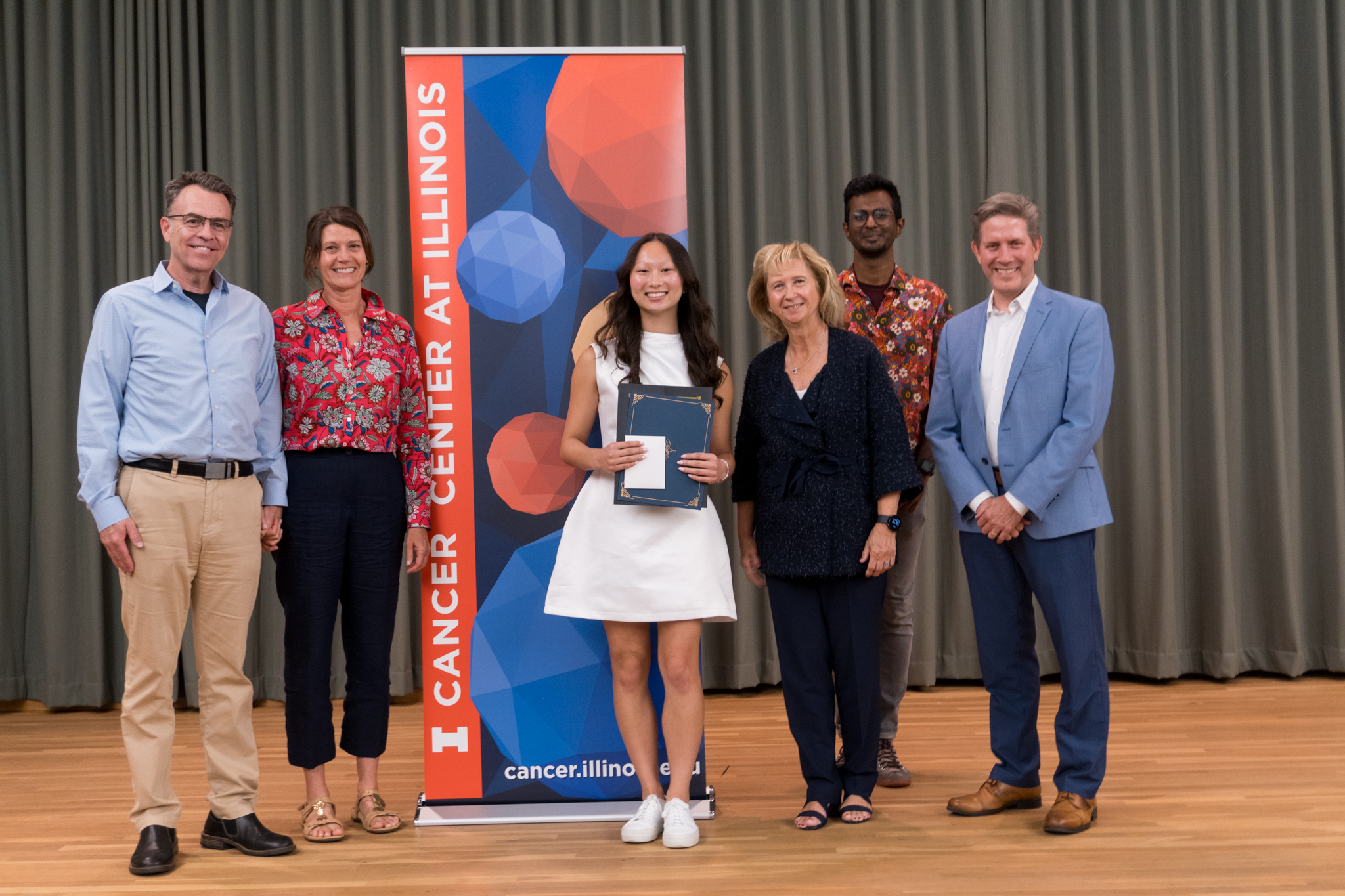
Charlotte Chesser (with her parents, mentor Rishee Iyer, CCIL member Stephen Boppart, and Debra Cohen) was the recipient of the Ira R. Cohen award.
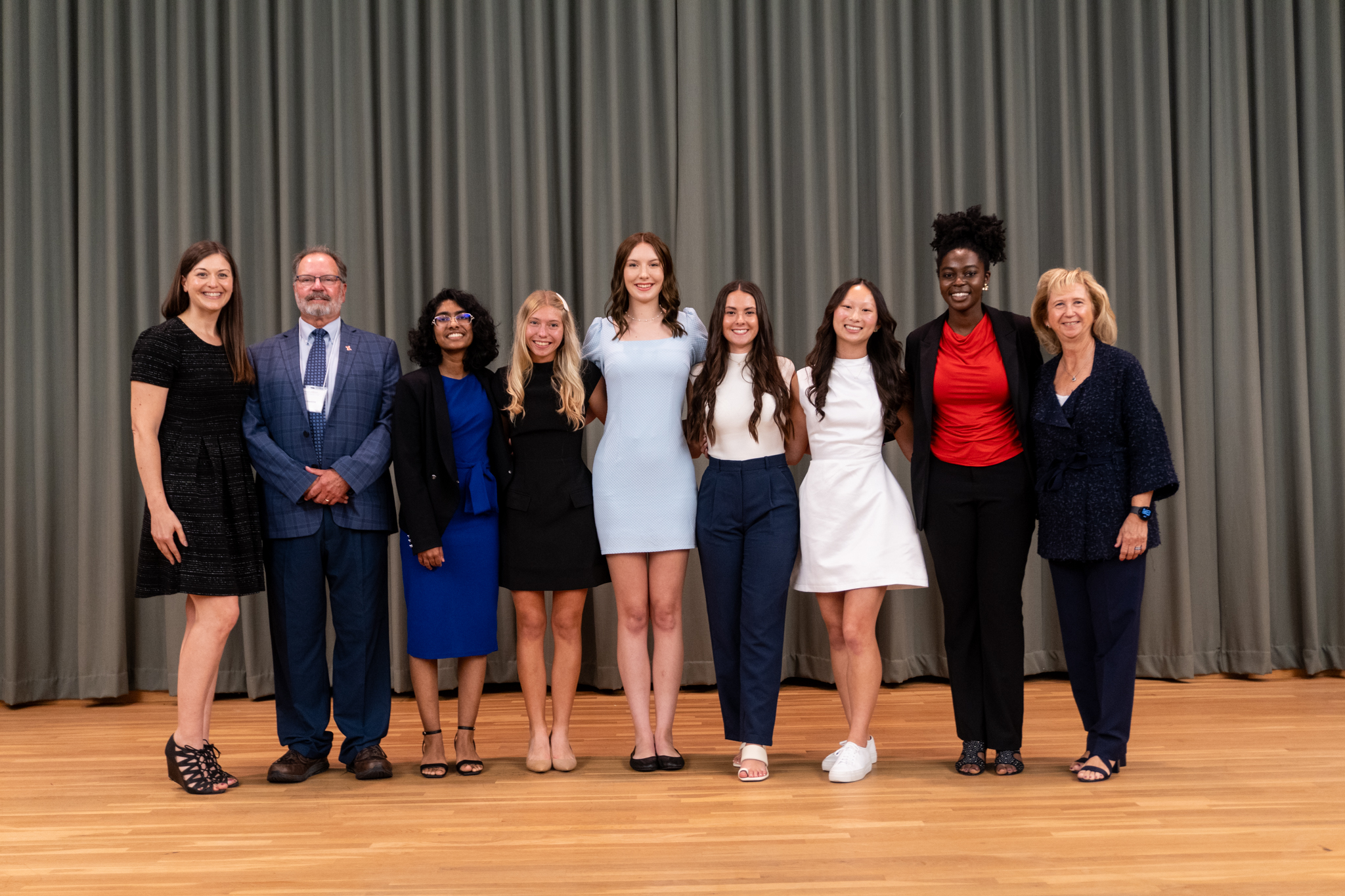
Students from Central Illinois pose with site leaders Kristin Giglietti and H. Rex Gaskins, along with Debra Cohen, a researcHStart founder and donor.
Written by Jessica Clegg, CCIL communications team

